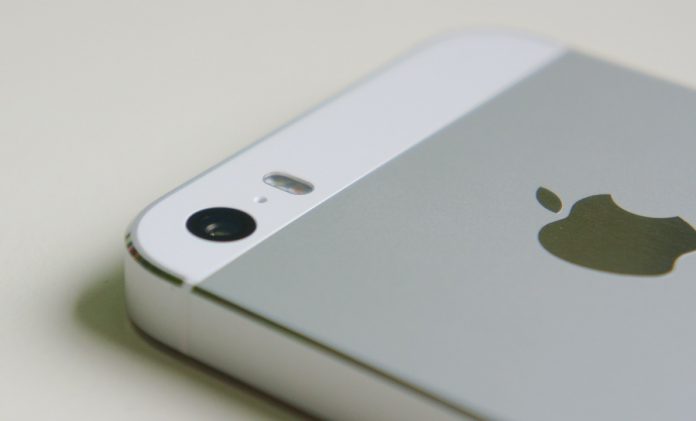Following some detective work on Reddit, Apple finally admitted what consumers suspected. The company has been purposefully slowing down older iPhones in a bid to ‘prolong the life’ of user’s phones.
In response, two Los Angeles residents have filed a class action lawsuit. Stefan Bogdanovich and Dakota Speas accuse Apple of slowing down older models when new ones come out, strongly encouraging an upgrade.
Both are owners of the iPhone 7 and older iPhones and believe they should have been informed.
According to Wilshire Law, Apple “breached the implied contracts it made with Plaintiffs and Class Members by purposefully slowing down older iPhone models when new models come out and by failing to properly disclose that at the time of that the parties entered into an agreement.”
Nationwide Class Action Certification
As well as Californian certification, the pair is seeking it nationwide, covering every U.S. resident who has owned an iPhone 8 or lower. If successful, it could end up very expensive for Apple.
Apple, of course, has its own argument. The company essentially says that it’s working in the consumers best interest. It says that the decline of iPhone’s battery can lead to unexpected shutdowns during high processor usage. It can also cause problems in cold environments or when the battery level is low.
By limiting processor performance, Apple reduces the draw from the battery, therefore saving the phone from such side effects. However, users with old models, such as the iPhone 4, don’t seem to have experienced such effects, even though no throttling occurs. It also means that users can be unaware of problems when a simple $79 battery replacement would fix it.
The lawsuit, it seems, is less about Apple’s motives, and more about the lack of permission and transparency. Consumers believe they should have a choice in the performance of their phones, and I’m inclined to agree.
Apple is yet to respond to the lawsuit.





